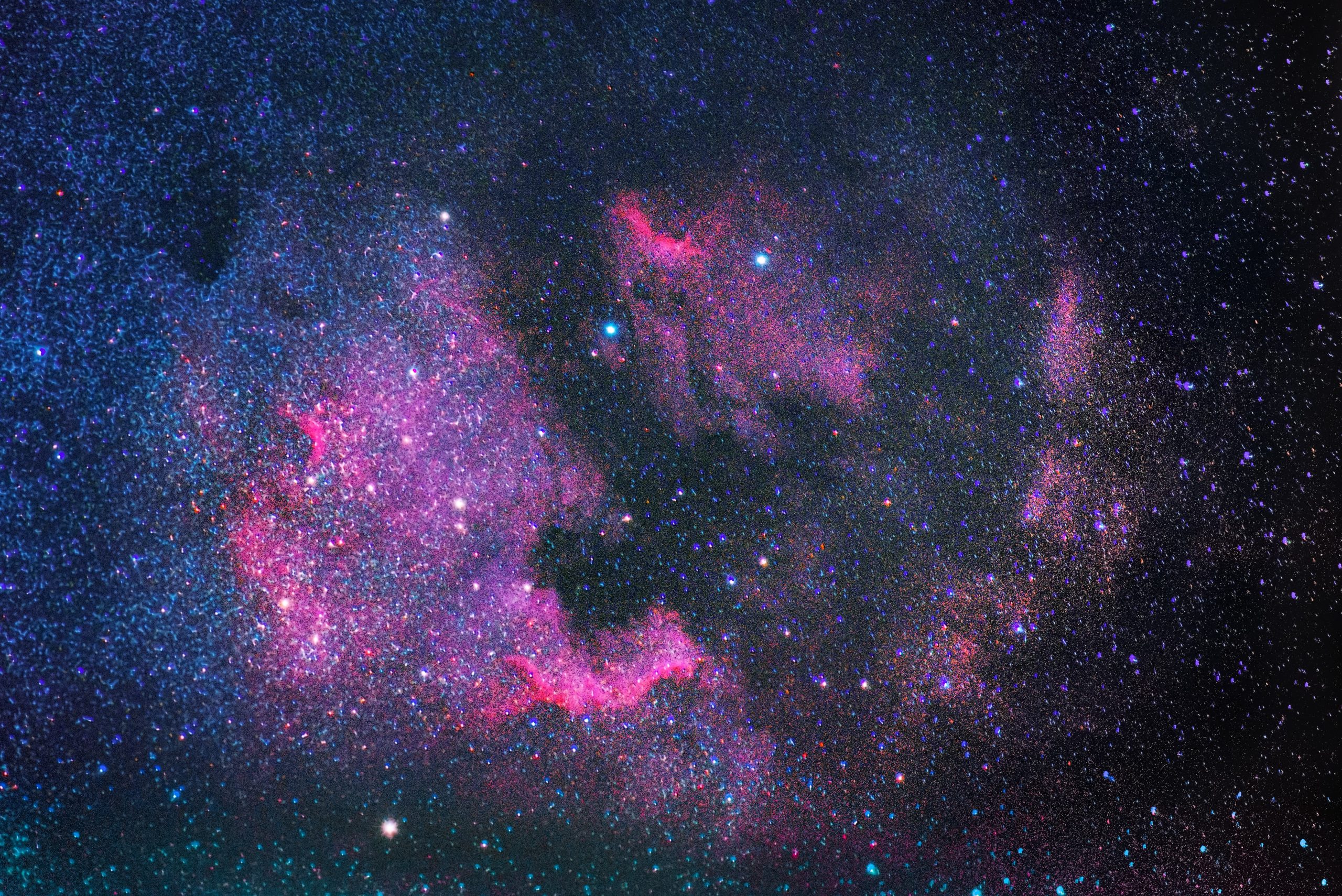Ancient Chinese Rituals: Unveiling the Mysteries of Tradition and Belief
China, with its rich history spanning over thousands of years, is a land steeped in deep-rooted customs, traditions, and rituals. Ancient Chinese rituals played a significant role in shaping the culture, beliefs, and values of this ancient civilization.
In this blog post, we will embark on a journey to discover the fascinating world of ancient Chinese rituals. We will explore their origins, the encompassing cultural significance, and how they have influenced Chinese society throughout history.
Table of Contents
- Origins of Ancient Chinese Rituals
- Cultural Significance
- Influence on Chinese Society
- Popular Ancient Chinese Rituals
- Modern-Day Adaptations
Origins of Ancient Chinese Rituals
Ancient Chinese rituals date back to the time of the Shang Dynasty (1600-1046 BC). These rituals were deeply rooted in traditional religious beliefs and were primarily associated with the veneration of ancestors, nature worship, and cosmological observation.
The Chinese believed that the world was governed by various spiritual forces and deities, and by performing rituals, they could establish a connection with these higher powers. These rituals were conducted by both the ruling elite and the common people, albeit with some variations.
One of the earliest recorded rituals in Chinese history is the “Ancestral Worship,” in which families paid homage to their deceased ancestors. This ritual was considered essential as it served as a way to maintain familial harmony, seek blessings, and ensure the well-being of the living descendants.
Cultural Significance
Ancient Chinese rituals held immense cultural significance as they provided a way for the community to express their devotion, gratitude, and respect towards their ancestors, deities, and nature. These rituals fostered a sense of unity, reinforcing social bonds and shared values.
Furthermore, these rituals played a crucial role in guiding personal conduct, shaping moral values, and maintaining social order. They emphasized the importance of filial piety, respect for authority, and adherence to cultural norms.
The cultural significance of these rituals can still be observed in modern Chinese society, where certain practices continue to be deeply ingrained in people’s daily lives. For example, the Lunar New Year festival, also known as Spring Festival, is celebrated with various rituals that have been passed down through generations.
Influence on Chinese Society
Ancient Chinese rituals have significantly influenced Chinese society over the centuries. They have shaped Chinese art, architecture, literature, music, and even governance.
Chinese architecture, with its intricate designs and symbolic elements, often incorporates the principles of feng shui—a belief system rooted in ancient Chinese rituals. Feng shui aims to harmonize individuals with their environment, promoting harmony, balance, and auspiciousness. This practice is evident in the layout and construction of traditional Chinese buildings and even modern skyscrapers in China.
Ancient Chinese rituals also exerted a profound influence on Chinese literature and poetry. Many literary works contain references to rituals, showcasing their importance in society. These rituals often served as metaphors, illustrating moral values, social expectations, and the interconnectedness of human existence.
Popular Ancient Chinese Rituals
Let’s explore some of the most popular ancient Chinese rituals that have left a lasting mark on Chinese culture and tradition:
- The Dragon Boat Festival: This festival, held on the 5th day of the 5th lunar month, commemorates the ancient poet Qu Yuan. Dragon boat races and the consumption of sticky rice dumplings called zongzi are central to this ritual.
- The Qingming Festival: Also known as Tomb-Sweeping Day, this ritual takes place on April 4th or 5th each year. People visit the graves of their ancestors, clean the tombstones, and make offerings such as food, tea, or burning incense.
- The Lantern Festival: Celebrated on the 15th day of the first lunar month, this ritual marks the end of Chinese New Year festivities. Lanterns are lit and released into the sky or floated on rivers to symbolize the wish for a bright future.
- The Winter Solstice: Celebrated on the shortest day of the year, this ritual is known as Dongzhi. Families come together to eat traditional dishes like tangyuan (sweet rice balls) to symbolize harmony and reunion.
Modern-Day Adaptations
In modern times, while ancient Chinese rituals have evolved and transformed, they continue to play a significant role in Chinese society. With globalization and changing values, some rituals have adapted to the contemporary context.
For instance, the practice of ancestral worship has seen adaptations. Many families honor their ancestors by visiting ancestral graves during specific occasions like the Qingming Festival. However, some families have also started observing this ritual by creating virtual ancestral altars online, where digital offerings are made.
Similarly, traditional practices like the Dragon Boat Festival and the Lantern Festival have expanded beyond China’s borders. These rituals are now celebrated by Chinese communities worldwide, keeping the traditions alive while embracing cultural diversity.
In conclusion, ancient Chinese rituals hold a significant place in the tapestry of Chinese culture and society. They were not mere acts of superstition but rather profound expressions of reverence, continuity, and the preservation of cultural identity. By understanding and respecting these rituals, we gain a deeper appreciation for China’s rich heritage and the enduring legacy of its ancient civilization.
Sources:
britannica.com,
chinaeducenter.com,
britannica.com,
chinahighlights.com,
tourschina.com
Table of Contents
